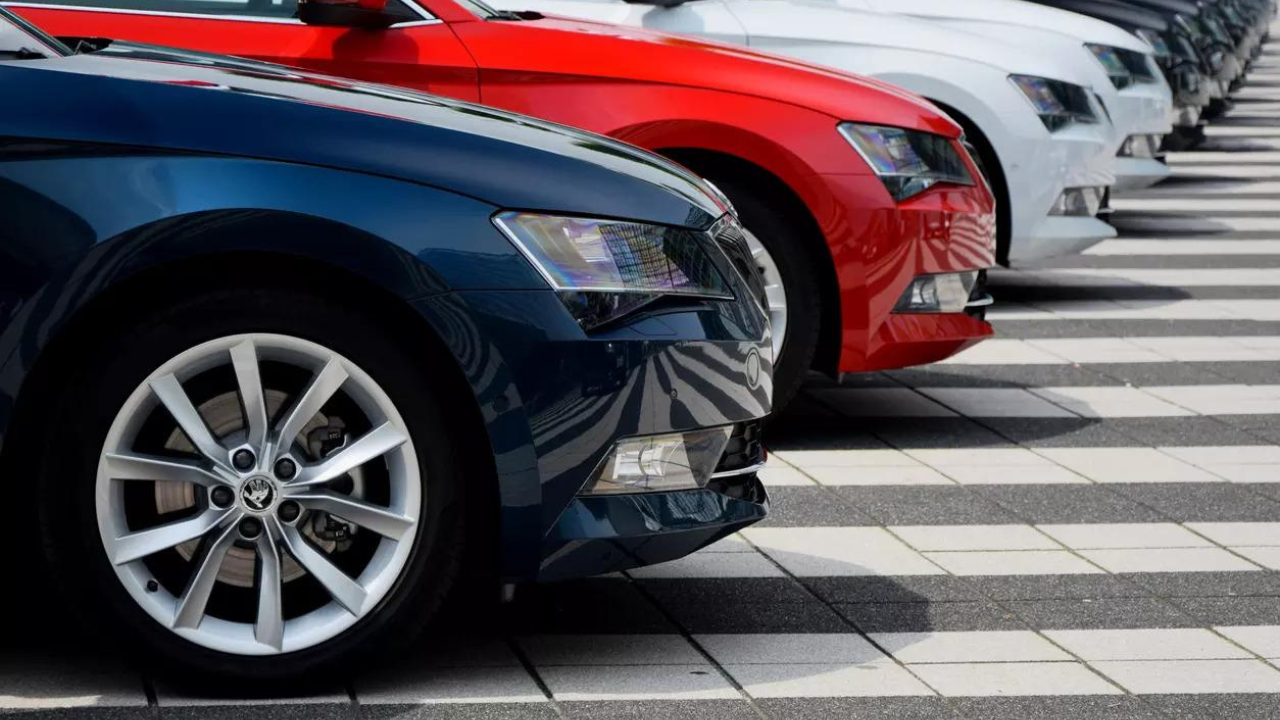The Indian Car Market: A Closer Look at Sales Trends
NEW DELHI: The Indian car market, which experienced nearly three years of impressive growth, is now showing signs of weakness. Demand has decreased over the past few months due to multiple factors such as a high base, severe summer heatwave, election uncertainty, and expensive vehicles.
Despite a strong rebound after the Covid setback, the market has witnessed a decline in recent months, sparking concerns of low-to-flat growth for the full year. In June, top carmakers like Maruti and Hyundai reported weak growth in dealership deliveries. Tata Motors, on the other hand, experienced an 8% decline in dealer deliveries, despite its remarkable comeback in recent years. Mahindra and Toyota, however, saw good dispatches, mostly due to pending consumer delivery backlog.
Shailesh Chandra, MD of Tata Motors’ passenger vehicles and electric mobility divisions, noted a boost in demand in the first half of April but a decline in retails (registrations) in May and June due to elections and the heatwave. This led the company to “re-adjust” wholesales to manage channel inventory efficiently.
Partho Banerjee, senior executive officer (marketing & sales) at Maruti, mentioned that inventory levels are being monitored, with stocks slightly higher than usual. However, he expressed optimism about potential ‘green shoots’ in the market, especially with the onset of monsoon and record-high kharif sowing.
Kunal Behl, VP (marketing & sales) at Honda Cars India, described the market conditions as challenging for creating fresh demand. The industry has been impacted by broader trends and the expiry of FAME II subsidy, affecting both personal and fleet segment sales.
Despite these challenges, industry experts remain cautiously optimistic about the future, hoping for a turnaround in the coming quarters. With strategic adjustments and market analysis, the Indian car market aims to navigate through the current slowdown and emerge stronger in the post-pandemic era.









